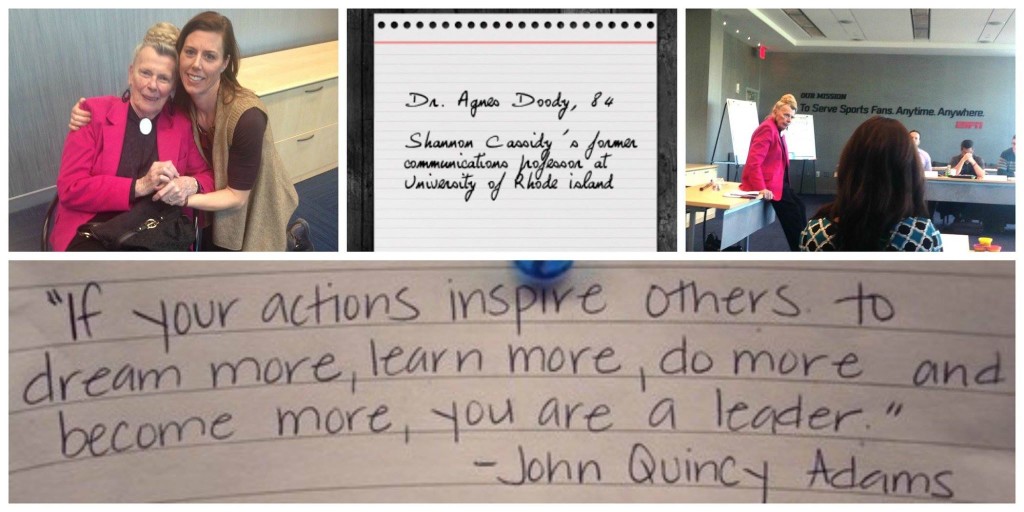Saying no, whether to your boss, to your team, or to a client, can be an awkward and uncomfortable endeavor. However, whether for your own personal sanity or for the effective completion of your current efforts, saying no is sometimes necessary in business. Yet Consider the following tips to say no artfully while still contributing to the productivity of your workplace:
Understand the request
Before saying no, ask for clarity. Whereas often time we see our obligation to a request as larger than it is, other times the requestor does not fully grasp the magnitude of what he or she is truly asking. Before determining your decision, be sure that clear communication regarding what the goal of the request is, as well as how it will be met, are understood by all parties involved.
Ensure validity
There are some tasks we just don’t want to complete, and others are simply out of our comfort zone. A no that is perceived as “just because” can decrease trust in you as a businessperson, can weaken current or potential relationships, and can even limit your own growth in a company. Ensure that your reason for saying no really is justified, and include validity for your “no” in your explanation.
Define your boundaries
It is important to know and set your own boundaries so that you are no overwhelmed and so that you can competently and effectively complete that which is required of you. Once your boundaries are determined, you should communicate and adhere to them to that when requests come your way, you are not perceived as unreasonable or unwilling.
Weigh the benefits
What are you giving up and what opportunity could you be gaining? Ensuring that the reasons for “no” outweigh those for “yes” can lessen your own personal guilt and give you confidence, both in confirming your decision and in setting future boundaries.
Offer context
Without relaying every last detail, your “no” should offer your valid reason to the requestor; no is much better received when the constraints that you are facing are relayed. Whether time, budget, or competitive restraints, include enough information in your explanation that you are not perceived you as smug, bothered, or unwilling to partner and engage.
Include positive in your negative
As you say no, see the requestor as a human being with a reasonable appeal. While saying no, be sure to explain how positively you feel about the individual making the request so that he or she feels like you are not saying no to the person, but rather to the possibility of fulfilling the task.
Be clear
Do not waver in saying no. Once you have determined the importance of saying no, clearly communicate that there is not a possibility for you to honor the request. You can do this politely and professionally, but being strong in your conviction is a must.
Is there any reason you aren’t able to now say “no”? No? Great! That was the answer we were looking for.




